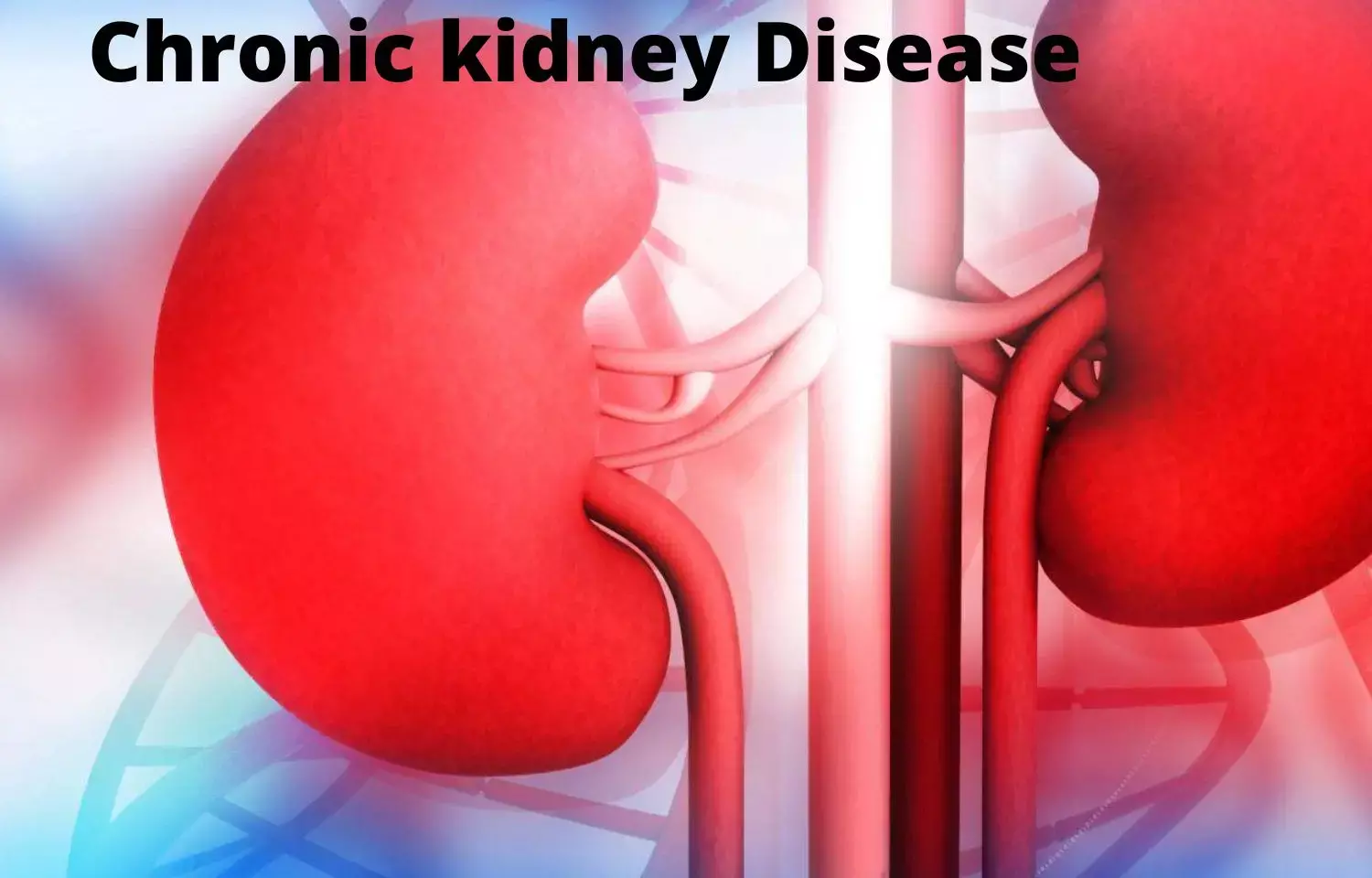- Home
- Medical news & Guidelines
- Anesthesiology
- Cardiology and CTVS
- Critical Care
- Dentistry
- Dermatology
- Diabetes and Endocrinology
- ENT
- Gastroenterology
- Medicine
- Nephrology
- Neurology
- Obstretics-Gynaecology
- Oncology
- Ophthalmology
- Orthopaedics
- Pediatrics-Neonatology
- Psychiatry
- Pulmonology
- Radiology
- Surgery
- Urology
- Laboratory Medicine
- Diet
- Nursing
- Paramedical
- Physiotherapy
- Health news
- Fact Check
- Bone Health Fact Check
- Brain Health Fact Check
- Cancer Related Fact Check
- Child Care Fact Check
- Dental and oral health fact check
- Diabetes and metabolic health fact check
- Diet and Nutrition Fact Check
- Eye and ENT Care Fact Check
- Fitness fact check
- Gut health fact check
- Heart health fact check
- Kidney health fact check
- Medical education fact check
- Men's health fact check
- Respiratory fact check
- Skin and hair care fact check
- Vaccine and Immunization fact check
- Women's health fact check
- AYUSH
- State News
- Andaman and Nicobar Islands
- Andhra Pradesh
- Arunachal Pradesh
- Assam
- Bihar
- Chandigarh
- Chattisgarh
- Dadra and Nagar Haveli
- Daman and Diu
- Delhi
- Goa
- Gujarat
- Haryana
- Himachal Pradesh
- Jammu & Kashmir
- Jharkhand
- Karnataka
- Kerala
- Ladakh
- Lakshadweep
- Madhya Pradesh
- Maharashtra
- Manipur
- Meghalaya
- Mizoram
- Nagaland
- Odisha
- Puducherry
- Punjab
- Rajasthan
- Sikkim
- Tamil Nadu
- Telangana
- Tripura
- Uttar Pradesh
- Uttrakhand
- West Bengal
- Medical Education
- Industry
Arterial stiffness not tied to chronic kidney disease progression in children: Study

Germany: Pulse wave velocity measurements of chronic renal disease in children aged 6 to 17 showed increased arterial stiffness, although neither eGFR nor disease progression is correlated with this finding, states a study published in the Clinical Journal of the American Society of Nephrology.
The pediatric group with the greatest cardiovascular risk is comprised of children with CKD. Medium- and large-sized arteries undergo gradual alteration brought on by CKD, which is clinically silent. There is currently contradictory evidence regarding the occurrence of arterial stiffness in trials of children with CKD.
"Although a variety of risk variables have been proposed to contribute to arterial stiffening during childhood, a thorough description of the risk profile and its relationship to the development of CKD in children is unclear", the authors wrote.
The researchers of the study aimed to measure pulse wave velocity (PWV) in a large prospective cohort of children with pre-dialysis CKD in order to analyze the development and risk factors for arterial stiffening. They also looked into whether PWV is linked to the development of CKD as a secondary goal.
For this purpose, in the Cardiovascular Comorbidity in Children with CKD (4C) trial, 667 individuals with CKD stages 3 to 5 between the ages of 6 and 17 were analyzed by the researchers. Patients were monitored every six-month visit and had their PWV measured once a year. To ascertain the link between various factors and PWV at baseline, researchers used linear regression analysis. Similarly, to evaluate the relationship between time-dependent explanatory variables and the outcomes of interest, researchers employed multivariable linear mixed-effects models with time as the fixed effect and patient-individual random intercepts and slopes.
Key findings of the study:
- At baseline, 20% of patients had a PWV that was higher than the 95th percentile.
- While PWV z score remained stable throughout the course of the median follow-up of 2.7 years, absolute PWV increased.
- Absolute PWV and time, older age, higher mean arterial pressure, LDL cholesterol, albuminuria, and decreased ferritin were found to be correlated.
- In addition to greater diastolic blood pressure z score, lower height z score, younger age, and female gender, pulse wave velocity z score (n=628) was linked to the same parameters.
- 369 out of 628 patients attained the composite point of CKD development over the course of an average follow-up of 2.4 years.
- By using univariable or multivariable proportional hazard models that were adjusted for eGFR, proteinuria, and blood pressure as recognized predictors, the PWV z score did not correlate with the course of CKD.
"Further research on the effects of early arterial stiffness on cardiovascular outcomes is required even though PWV does not increase the risk of CKD development in children", added the authors.
The researchers concluded that about one-fifth of children with advanced CKD have elevated PWV that is unrelated to alterations in kidney function throughout time.
REFERENCE
Azukaitis K, Kirchner M, Doyon A, Litwin M, Bayazit A, Duzova A, Canpolat N, Jankauskiene A, Shroff R, Melk A, Querfeld U, Schaefer F; 4C Study Investigators. Arterial Stiffness and Chronic Kidney Disease Progression in Children. Clin J Am Soc Nephrol. 2022 Aug 25:CJN.02200222. doi: 10.2215/CJN.02200222. Epub ahead of print. PMID: 36008353.
Dr Kamal Kant Kohli-MBBS, DTCD- a chest specialist with more than 30 years of practice and a flair for writing clinical articles, Dr Kamal Kant Kohli joined Medical Dialogues as a Chief Editor of Medical News. Besides writing articles, as an editor, he proofreads and verifies all the medical content published on Medical Dialogues including those coming from journals, studies,medical conferences,guidelines etc. Email: drkohli@medicaldialogues.in. Contact no. 011-43720751


